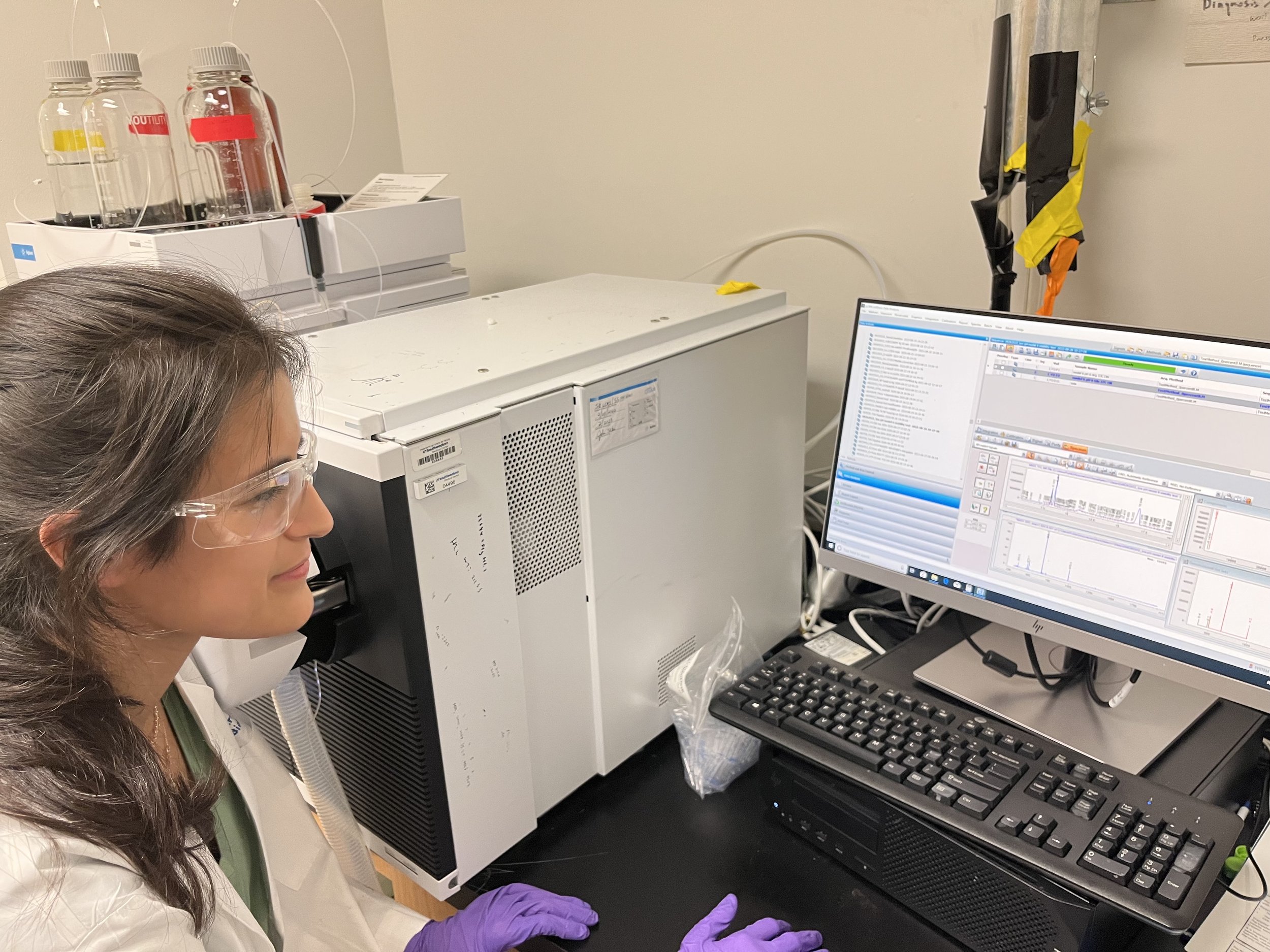In the Liszczak lab, we are interested in understanding the biochemical mechanisms through which enigmatic mutations and aberrant protein post-translational modification cascades lead to disease phenotypes.
Our team of scientists employ highly interdisciplinary strategies to study protein regulation and function in reconstitution-based platforms, as well as in cellular systems and animal models. Our projects integrate cutting edge chemical biology tools such as synthetic protein chemistry with biochemistry, biophysics, and cellular biology to dissect and perturb critical pathways in human disease. Ultimately, we hope to elucidate mechanistic details underlying aberrant protein activity to inspire new therapeutic approaches for related diseases.
Current research topics in the lab include epigenetics, chromatin structure, transcriptional regulation, protein and nucleic acid trafficking, and protein post-translational modifications such as mono- and poly-ADP-ribosylation. Our work has uncovered key mechanisms underlying cancer development, neurodegeneration, and other developmental abnormalities.
Please see our publications tab for graphical abstracts describing recent projects.



